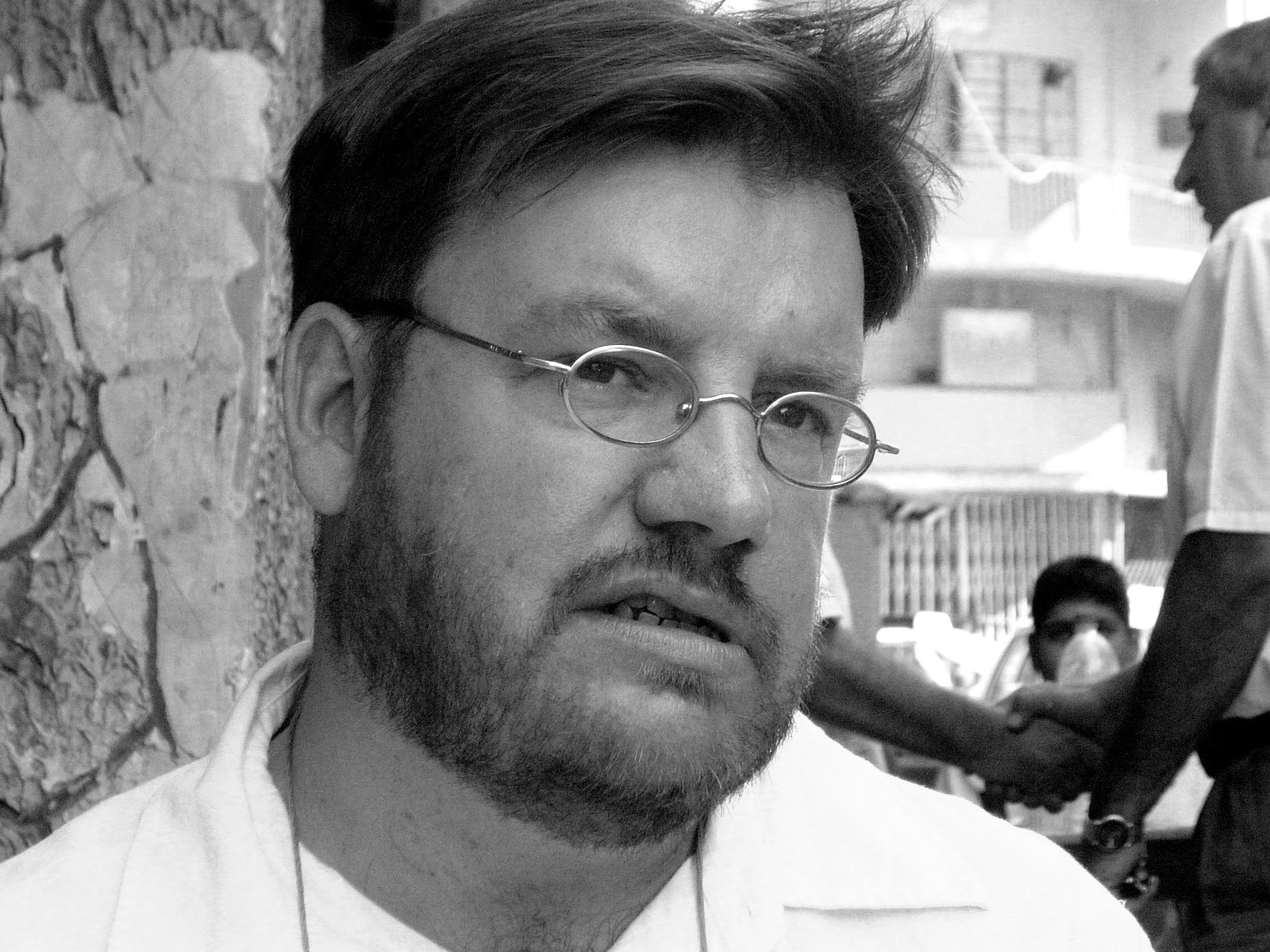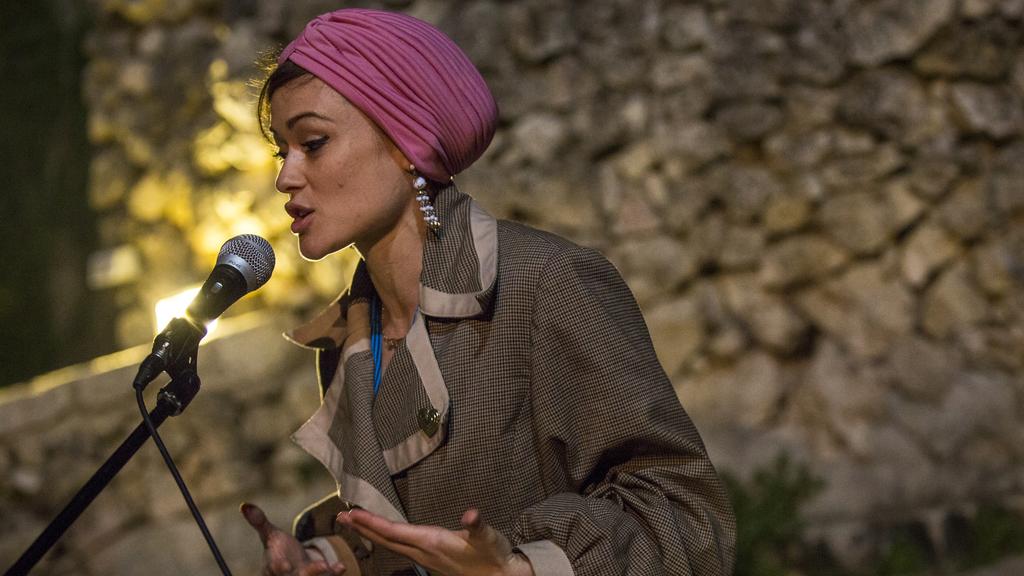When the longlist for the Independent Foreign Fiction Prize (IFFP) was announced last month, great play was made of the fact that of the three nominated books set in the Middle East, two were in Arabic by Iraqi writers. Sinan Antoon and Hassan Blasim’s work – holding their own against best-sellers such as Karl Ove Knausgård and Javier Marías – was taken as proof that novels set in Iraq have an audience. Antoon, however, has another way of looking at this annual award honouring the best work of fiction translated into English.
“What gets forgotten is that Iraq has always had a lively, vibrant, modern culture,” he argues. “Remember, this is where modern Arabic poetry started, experimental theatre was part of our daily landscape. It’s just that dictatorship, wars and sanctions crippled any chance of this amazing work by people in Iraq from being seen. It’s a great tragedy, actually – an entire generation of talent had their dreams crushed because of a situation not of their own making.”
It’s also striking that both Antoon and Blasim have had to leave Iraq to pursue their careers: Antoon lives in New York, while Blasim writes from Finland. Neither of them feels able to go back permanently just yet – although when Antoon made his last visit to Baghdad, he was impressed by the young people reading, writing and creating art.
“It sounds like I’m romanticising it, but the will to live and survive through the most difficult times was really inspiring,” he says.
Still, the fact that Antoon’s book, The Corpse Washer, is nominated alongside Blasim’s short-story collection The Iraqi Christ and Exposure by Sayed Kashua – a Palestinian novelist who writes in Hebrew – is cause for celebration, and perhaps another sign that writing from the Middle East is gaining traction worldwide.
In fact, in The Corpse Washer the protagonist Jawad – forced from an artistic path into the family business of washing and shrouding the bodies of Baghdad’s dead – actually reads an article about how Arabic literary tradition influenced Latin American writers.
Antoon contends that some of the most important developments in literature have come from interactions with other cultures and languages.
“Actually, you do tend to find people from the Arab world are more widely read, because we grow up looking at Orwell, Kafka and so on in translation as well as our own literature,” he says. “So our literary tradition is probably more inclusive than most, and that’s fantastic because fiction can provide insight and understanding of different cultures, whereas other mediums tend to flatten and dehumanise them.”
And the possibility that translated fiction can offer new and important appreciations of our world is something the IFFP judge Nadifa Mohamed thinks is one of the most important by-products of the prize.
“I’m thrilled that there are three books from the Middle East,” says the Somalia-born British author of Black Mamba Boy and The Orchard of Lost Souls. “In the UK alone, there’s a real problem of representation, so to hear people talking about themselves, their societies and experiences of recent turmoil is fascinating.
“There’s a greater appetite for these authors now and this process has definitely introduced me to writers I would not otherwise have read. So if it can do that for me, hopefully it will do that for readers – IFFP throws a spotlight on what books from around the world can encompass.”
The award also celebrates the art of translation – the £10,000 (Dh61,000) prize is equally shared between the winning author and translator. All of which must have made Antoon a bit more excited than most – he took the rare step of translating The Corpse Washer himself.
“I felt I’d invested so much in this book emotionally when I wrote it in Arabic, so maybe I had a secret desire to stay with the characters a bit longer,” he explains. “Because it was an intense, personal novel about Iraq and death, I really wanted to ensure it came out in English the way it did in Arabic.”
It was a big undertaking, and Antoon isn’t sure he’d do it again. “It was a bit traumatic going through these events again,” he says – and sure enough, Ave Maria, his book recently shortlisted for the International Prize for Arabic Fiction, is being translated by someone else. Mohamed isn’t surprised.
“Translating is a really intense experience,” she says. “When I speak to the person who translates my books into French, she completely immerses herself in it – she will eat the food and listen to the music of the people I’m writing about. It’s a real art to be able to enter the same world as I did – and it’s great that they get recognition at prizes such as these.”

